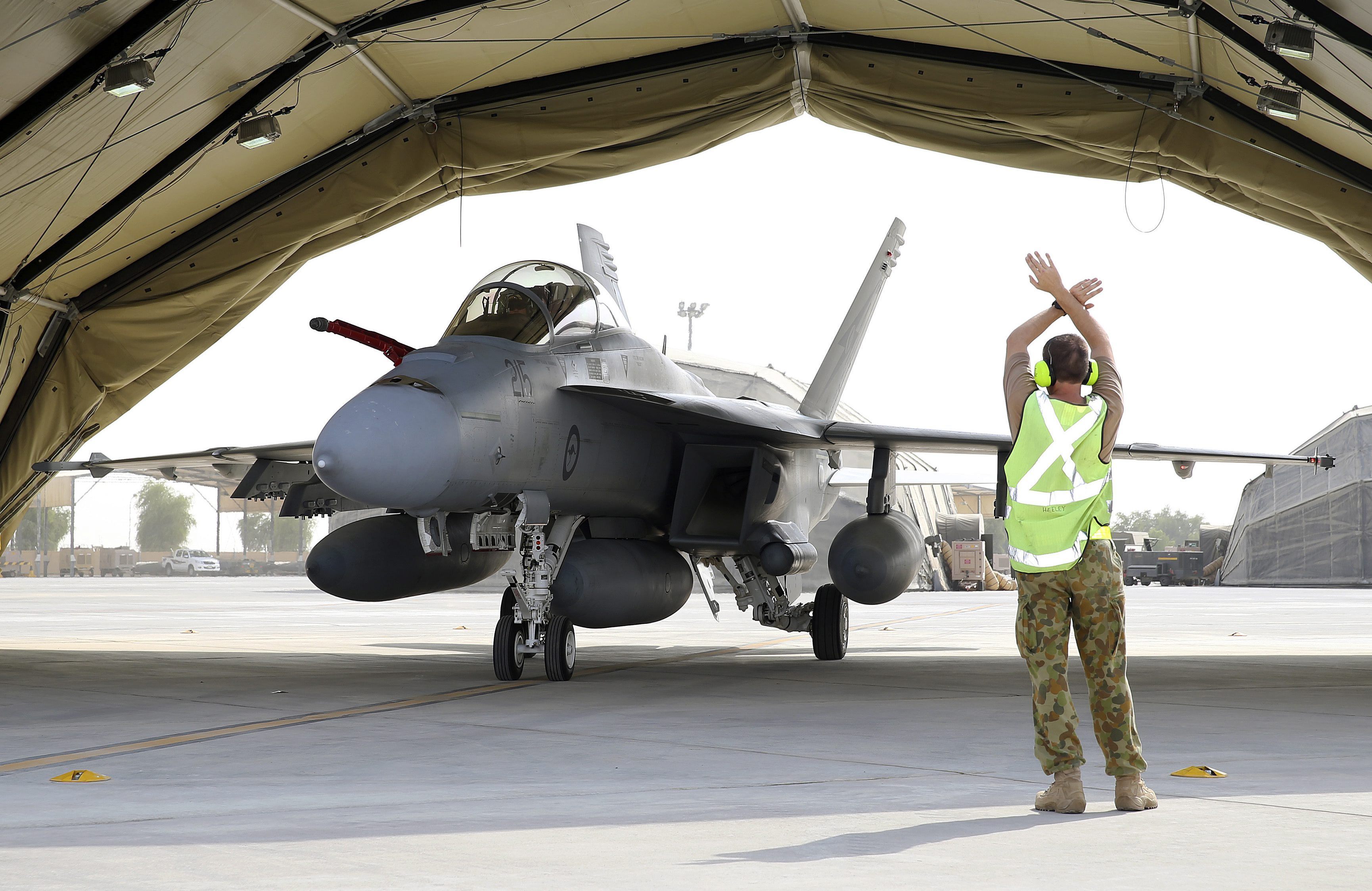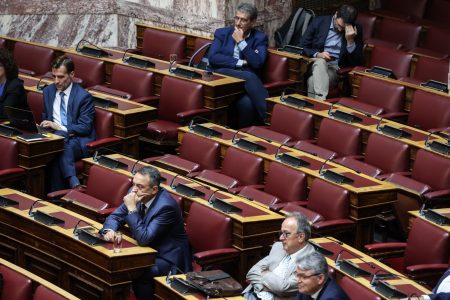There are many who have wondered about the major American interest and many comments in favor of the new left-wing government in Greece. Really, what was the purpose of the trips of American financial officers to Athens and the constant Presidential interventions in Europe for the Greek case?
Some attribute the American interest to the concerns for the Eurozone and the effect a potential crack or fragmentation may have on the global and by extension the American economy. Others believe that the constant conflict with Germany in recent years over the observed economic policy in Europe is motivating the Americans.
The Prime Minister Alexis Tsipras himself attributed the US interest in the geopolitical position of Greece and the dangers of a potential financial and political destabilization of our country for the entire region. The Minister of Foreign Affairs Nikos Kotzias further expanded and detailed Mr. Tsipras’ opinion and described Greece as an oasis of stability and Democracy in a greater area of instability, from Ukraine to Northern Africa and the Middle East.
Truly, this version seems to be closer to reality than any other.
According to diplomatic sources, the biggest problem for American foreign policy these days is ISIS. The Americans face the Islamic State and its offspring in Sinai, Libya, Nigeria and elsewhere, as a very serious threat and are seeking efficient means and capable allies to combat them. Given that there is no chance of the direct involvement of American forces on the ground, everything depends on the alliances in the greater area where the ISIS fanatics operate.
They have also concluded that the only force capable of facing the jihadists in Raqqa and Mosul is none other than the modernized mullahs of Iran. Their army is systematically preparing to take back Tikrit, the birthplace of Saddam Hussein, and Mosul. In other words, Tehran’s generals and fighting forces are going to fight the hordes of al-Baghdadi and the blood-thirsty Jihadi John on the ground.
The Americans essentially came to the conclusion that only the Iranians can assume the operation to destroy the Islamic State and agreed, obviously with something in exchange, to give them the ability to attempt the aforementioned counter-attack against the jihadists.
The question is whether the choice of the Americans provoked other important allies of theirs in the greater Middle East. The Israelis directly oppose the new role of Tehran in the region. They treat them as enemies, fearing that in exchange for fighting ISIS, Iran will be allowed to continue with its nuclear program. This in turn will strengthen Hezbollah, which is based in Lebanon and as such, the Israelis feel that they will be surrounded by powerful, enemy forces. These fears explain the profound stance of Netanyahu, who traveled to the USA to see the Republicans and snubbed President Obama and the staff officers of Bidden and Kerry. American officials reacted to Netanyahu’s provocation by showing that they will not change their stance on Iran being their choice to fight the Islamic State.
Erdogan’s Turkey was similarly frustrated, but for different reasons. Historic reasons, as well as issues related to Turkey’s pursuits in the greater region, do not allow Turkey to support ground operations against the Islamic State, bur nor can it directly accept Iran’s involvement in the fight against the jihadist group.
In the man time, Saudi Arabia is also against Tehran’s involvement, which considers Iran’s financial gains should it succeed in defeating the Islamic State. Should that occur, it will the restrictions on Iranian oil exports will be lifted, which will further strengthen Tehran’s position in the international oil market, which is currently dominated by the sheikhs of Riyadh.
As it would seem, the diplomatic puzzle in the region is becoming increasingly complicated and the Americans are in jeopardy of losing powerful allies in the area in their effort to tackle the revival of the harshest and most primitive version of Islam.
They are, however, aware that they do not have many options. They do not have the capabilities they once had. Washington admits that the CIA does not have operators in the area and the US Army is not willing to undertake ground operations against the Islamic State due to the financial, human and political cost. As such, it is looking everywhere for alliances.
In a way the Greek problem is related in this complicated geopolitical environment. The Americans treat Greece, with all of its problems, as an oasis of stability in an absolutely problematic area. It is a democratic country, with western institutions and functions, consistently pro-West, nationally homogenous, with a cohesive society and powerful armed forces.
Based on all this and due to the country’s proximity to the fire zone, in no case do they want to see Greece become destabilized. More so when they believe that Greece may play a balancing role and offer its good diplomatic services between rivals or opponents.
Without a doubt the Americans appreciate the geopolitical value of Greece. Should it handle its financial problems appropriately, then this geopolitical role may develop and its value will increase.
All that is needed therefore is for the Tsipras administration to proceed with the country’s financial affairs in a rudimentary way until June and then establish the conditions to seek a more permanent solution to the financial problem from then on.
Antonis Karakousis





